Seventeen years have passed since Poland’s return to the European family of democratic states. June 4, 1989 Poles elected a two-chamber parliament that nominated Tadeusz Mazowiecki, a well-known activist in the anticommunist opposition, as head of the government. In the euphoria of victory, Mazowiecki announced a break from the past with the famous „thick line.” Poles have a tendency to forgive and no one was especially interested in interpreting this crucial declaration.
The issue of settling the past did not occupy a meaningful place in public life for a few years. Only with the passage of time did politicians of the democratic camp begin to use this technique to eliminate communists – as all party and state activists from the regime were commonly called.
Parliament passed the appropriate law and thus began the era of vetting. The Vetting Court started its work to identify those individuals competing for public posts who might have cooperated with security agencies in communist Poland. Each candidate is obliged to submit a vetting statement, which the Vetting Court then verifies. The newly established Institute of National Remembrance (IPN), the repository of the files compiled by security services after 1945, including reports on their secret acts as well as the names of collaborators.
The bomb went off last year when a journalist for Rzeczpospolita daily, Bronislaw Wildstein, today the president of public television) stole and published a list of names from IPN, supposedly of secret collaborators. Among them are many religious figures, among others who informed on Karol Wojtyla – a priest, cardinal and later Pope John Paul II.
Fr. Tadeusz Isakowicz-Zaleski, Solidarity chaplain in Nowa Huta (a district of Cracow), is in favor of revealing all the names of priests who worked as agents. He declared that he would reveal 28 (seven are no longer living) names of priests who were at the same time agents of the Security Services (SB). One day before the Cracow metropolitan’s list was to be released, Cardinal Stanislaw Dziwisz, the long-time secretary of John Paul II, forbade Fr. Isakowicz-Zaleski to reveal those names and other materials from IPN archives.
A storm of commentary followed. Supporters of vetting among priests say that the Catholic Church is a community that should stand for freedom, truth and the resolution of painful problems. However, one opponent of a hasty release of these files, Archbishop Józef Zycinski, commented: „The Church is not afraid of the truth, but in civilized circles we should not allow one-man tribunals to pass judgment without taking into consideration all aspects of the issue. This practice is contrary to the principles of Christian ethics and those of European culture.“
Polish President Lech Kaczynski supported Cardinal Dziwisz‘s decision to prohibit publication of a list of priest agents. „I have serious doubts whether it is wise to provide universal access to the security act with respect to spirituality. These materials include a great deal of incomplete data, much of it false. Publication of this information without the proper verification would cause more harm than good.”
President Kaczynski emphasized that for several years he has been responsible for providing the public with a list of SB agents. „I believe that Church authorities should know the register of agents within its ranks. Those authorities should be responsible for making conclusions based on that list,” underlined Kaczynski.
Lech Kaczynski reported that he had commissioned special services to discovery why prior to and following Pope Benedict XVII’s visit information was released concerning agents among well-known priests.
One important element of the pope’s visit was the search for unity with the Jews, which took place at the former Nazi concentration camp at Auschwitz-Birkenau. Kaczynski wants to discover why the names of Fr. Michal Czajkowski – head of the Episcopate Committee for Dialog with Judaism – and Fr. Mieczyslaw Malinski – a long-time friend of John Paul II – were released at precisely that moment.
Discussion in Poland concerning vetting of the Church continues. A growing number of voices claim that the Church has sinned in halting the process that would bring men of the cloth who collaborated with the SB to terms with their past. This criticism is not only falling from the lips of laypeople.


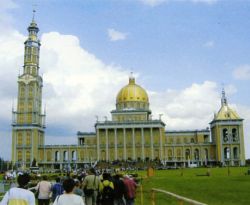

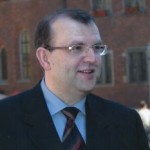
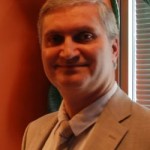

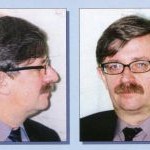
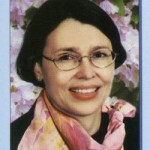

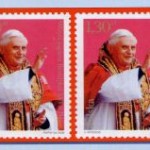
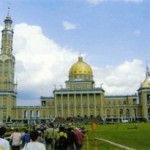
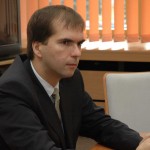

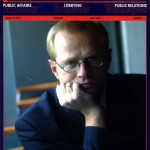

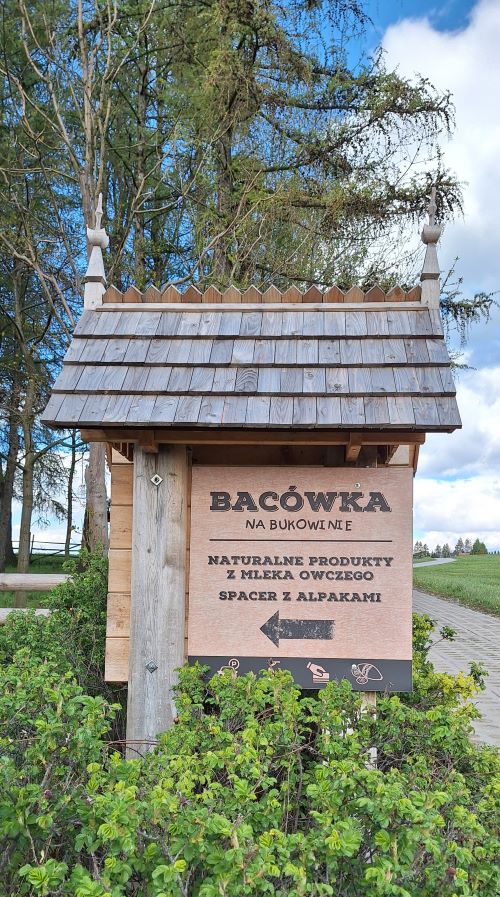

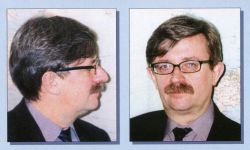
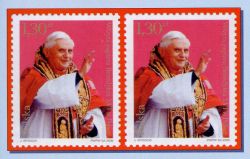
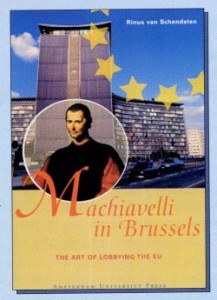

FROM THE EDITOR
The way we are
Poland still does not have significant export products in influential sectors and technologies, but the fundamental changes were implemented in Polish mentality. We know what democracy means. więcej...